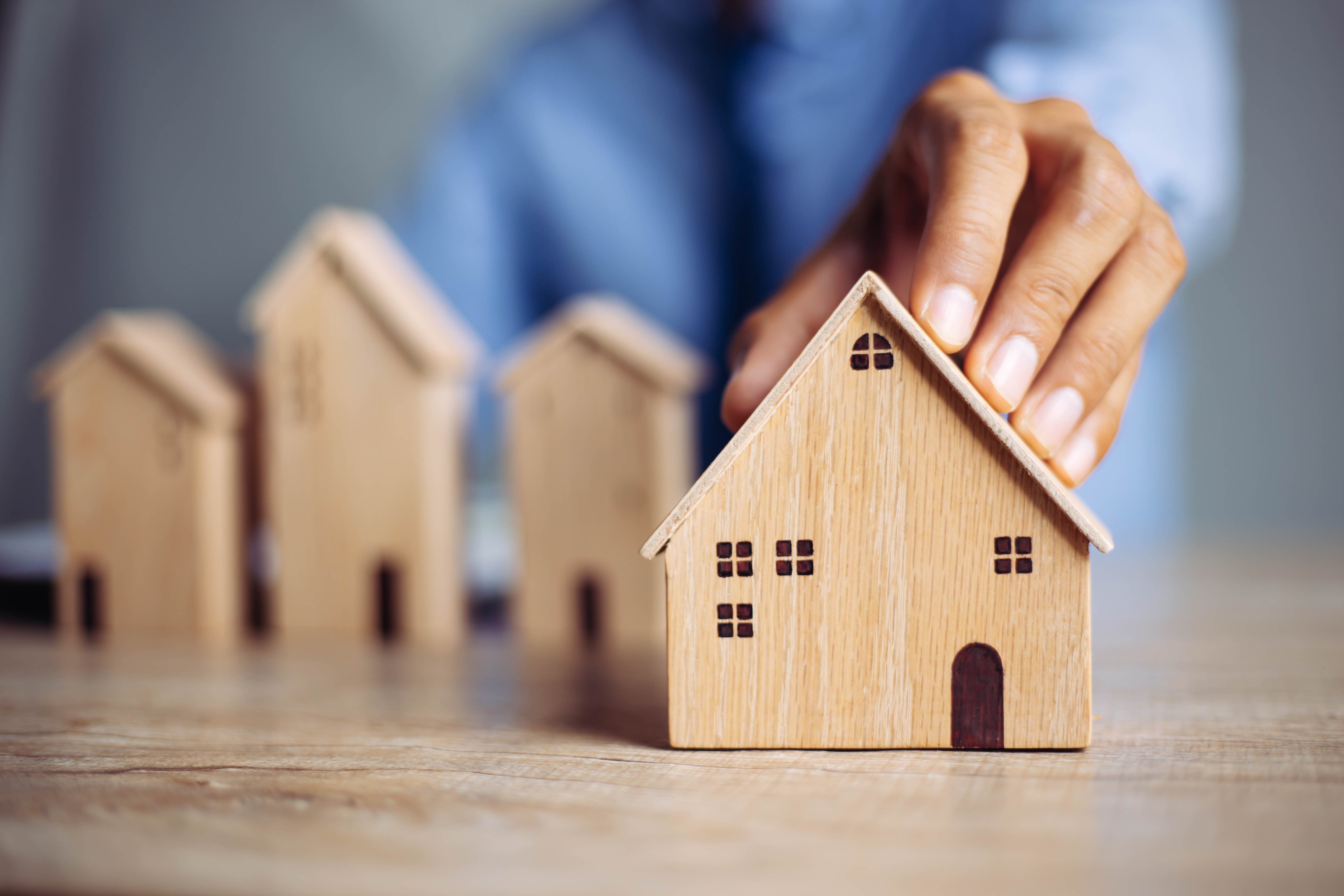Published July 6, 2022
How Has the Current Shift in the Austin Housing Market Affected Buying a Home

The effects of the COVID-19 pandemic went far beyond public health and isolation. One of the effects still unfolding from the abrupt changes brought on by the 2020 pandemic are the impacts on our economy, particularly the real estate market.
Throughout the country, folks fled cities at record speeds. At that point, many surmised that most people were leaving densely populated cities, such as NYC and LA, to protect themselves from being exposed to COVID-19 (and because, for the first time in their lives, many could work from home).
The data on the 2021 North American Migration trend report says migration continued far past the early pandemic. In 2021, this report shows that people were still on the move. The top five states of departure were Illinois, California, New Jersey, Michigan, and New York. The top destinations for these movers? Florida, Texas, Arizona, Idaho, and the Carolinas.
So even after the events of 2020, folks are still moving elsewhere in impressive numbers to other states. According to the report, 20% more people moved in 2021 than in 2020.
The Seller’s Market
As people migrated away from large cities, began to work from home, and were faced with concerns about high-rise apartment buildings and crowded facilities, where they are forced to be in close contact with each other, one thing became clear: more people wanted to shift from renting to owning.
Austin, TX, at large felt this boom – people from densely populated and expensive cities saw an opportunity in Texas to own more land than they ever could in their respective cities. Homeowners in Texas also saw an opportunity – a home could sell for over the asking price and even over its actual appraisal rate due to impatient buyers looking to find a place to settle ASAP.
Buyers coming from the populous and high-cost-of-living cities saw Texas as an opportune place, as most have been priced out of buying homes in their respective cities. This, combined with the low-interest rates seen in late 2020 through 2021, as well as prospective buyers spending less (and therefore saving more) through the pandemic, all were causes that led to greater Austin’s real estate boom.
According to the Austin Board of Realtors and the Midyear Central Texas Housing Market Report, across the five-county MSA, in June 2021, the median price increased 43% to $482,364. This is a record for these 5 counties in Texas.
While this home price may seem high, it is still a “good price” to urban migrants – with New York City’s median house price being $800,000 in 2021, California’s median single-family house was $818,000 in May 2021. States like New Jersey and Massachusetts were not far behind, as the median home price for Q1 2021 in NJ was $500,628, and Boston, MA, came in at an average median home price of $675,921 for the year in 2021. It’s no wonder why people from HCOL areas are migrating to Texas!
Now, as we get into the midway point of 2022, we’re beginning to wonder, is the real estate market halting to a screeching stop?
Signals the Austin Real Estate Market is Slowing in 2022
Eight months ago, in November 2021, interest rates on a 30-year fixed mortgage were barely 3%. Today, the 30-year fixed-rate mortgage now stands at 5.78%, a level not seen since 2008, according to data released by Freddie Mac. The jump in interest rates from 3% to nearly 6% means the lifetime cost of a standard 30-year fixed mortgage spiked by more than 50%.
Raised interest rates greatly affect buying power. Someone who could get approved for a $400,000 mortgage with 3% interest might not be able to get approved for the same capital given a 6% interest rate.
With all these events going on, homebuyers became more reluctant to buy, but does it mean it’s a bad time to buy? Not necessarily. Many of the “bidding wars” resulting in homes going for thousands of dollars above the asking price have subsided. In addition, homes are staying on the market longer and at a fairer price, making it much more accessible for first-time home buyers to tour multiple properties and not rush to make an offer.
In addition, according to Realtor.com’s 2022 national housing forecast, after years of short supply, the inventory of homes for sale is finally expected to rebound from all-time lows. A greater inventory means more new construction homes, something long sought after in rural areas.
Plus, rent raises are expected to soar through 2022, as real estate investment firms who manage these large properties look to recoup profits lost throughout 2020 and 2021, where eviction moratoriums stayed in place for more than a year in many locations, and most rental management companies were allowing big concessions to persuade people not to move out of their apartments.
Conclusion
These past two years have certainly been unchartered waters in real estate. It’s been an exciting time, it’s been a nerve-wracking time, and everything in between. The slow in 2022 shows we are beginning to get back to normal, and markets are trying to correct themselves. Unfortunately, part of a market correction is, in this case, rising interest rates on mortgages.
However – there’s never a perfect time to buy. Someone who bought in mid-2020 probably enjoys a low-interest rate on their mortgage but may have overpaid by thousands for their house in a time of high demand. The most important thing is that you buy when it makes sense for you and make sure you have a knowledgeable realtor to help you traverse these decisions! Contact us today to learn how our team can help you!





